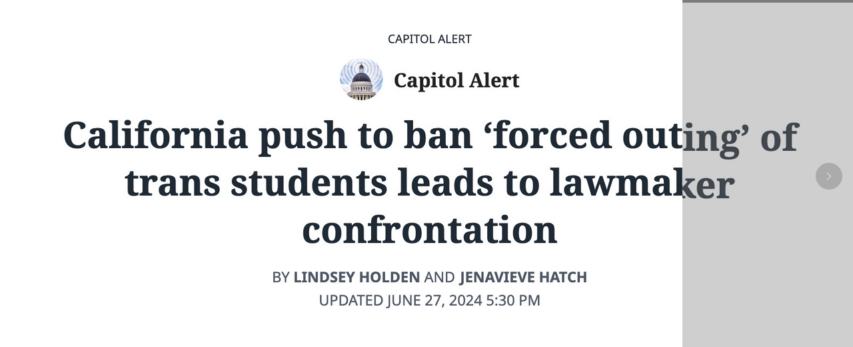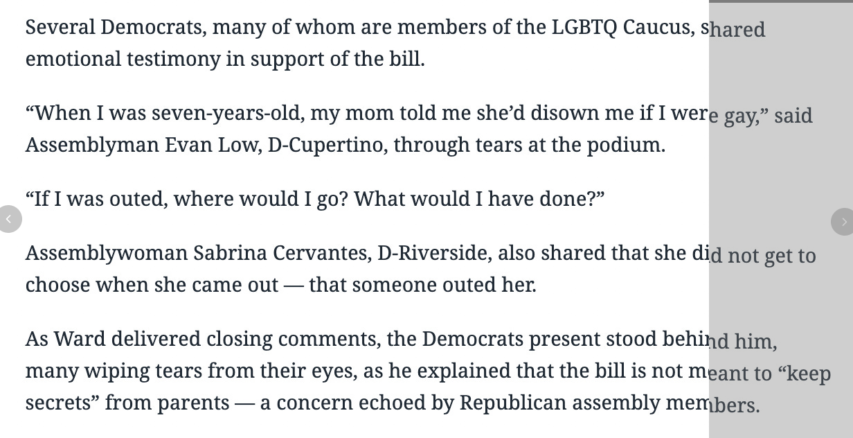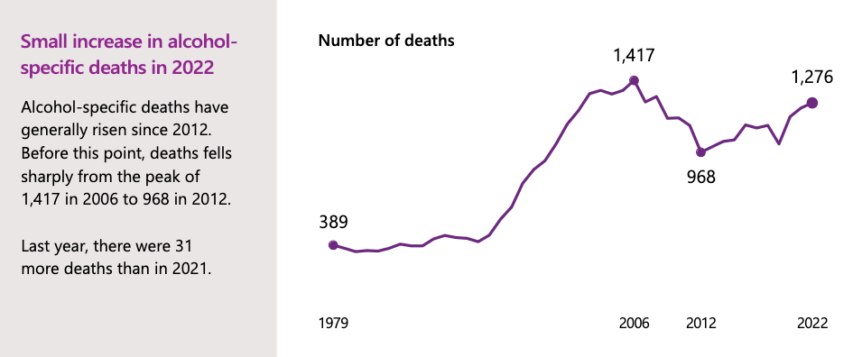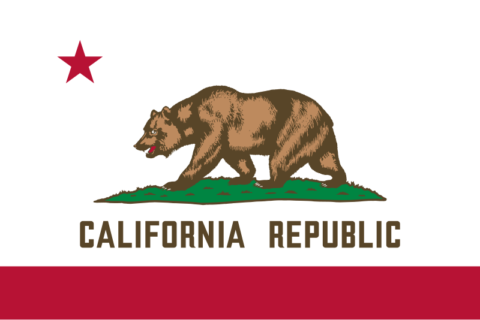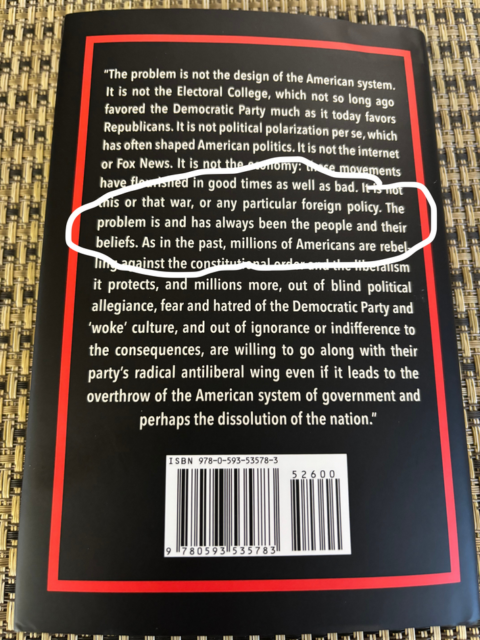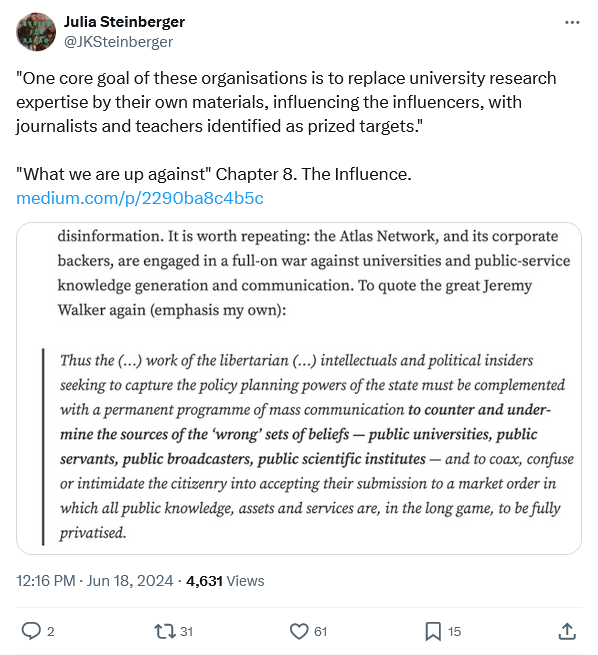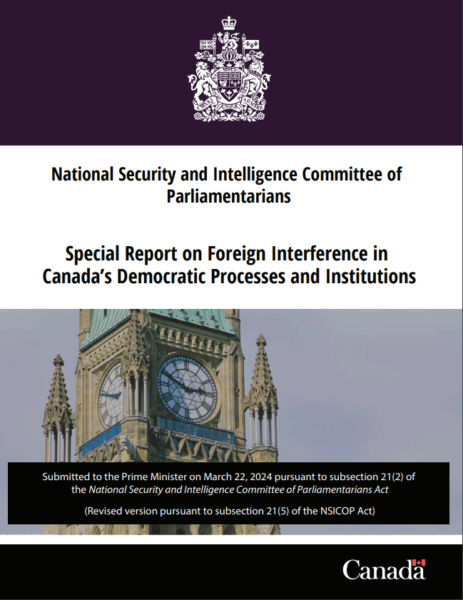Ontario’s main importer and distributor of wine, beer, and spirits is now facing its very first actual strike, as the negotiators couldn’t come to an agreement by the strike deadline on Friday morning. On the face of the dispute, the union certainly has some solid grounds for the strike, as pay hasn’t been keeping pace with (official) inflation and far too many of the LCBO’s workforce are on work schedules that keep them from earning full-time wages. On the other hand, over the last decade or so, both Liberal and Progressive Conservative provincial governments have been making piecemeal changes to the market so that the LCBO is far from the only place Ontario drinkers can purchase their preferred booze. Just off the top of my head, here are some of the alternative options now available to Ontario consumers:

“LCBO at Parkway Mall” by Xander Wu is licensed under CC BY-SA 4.0 .
- The Beer Store, Ontario’s other (foreign-owned) booze oligopoly for beer and cider is still operating normally at all their retail locations and agency stores. They also have online ordering for delivery available to ordinary consumers.
- The LCBO is still offering online sales — not same-day, but free delivery.
- Ontario’s vast array of craft brewers are still able to sell individual cans or bottles of beer from their bottle shops or storefront locations (pre-packaged 6-, 12-, 24-container or other types are still limited to the Beer Store oligopoly, of course).
- Ontario’s wineries are similarly still operating normally for retail sales at the winery or (for a few older wineries who still have grandfathered privileges from earlier licensing regimes) stand-alone retail stores.
- Ontario’s much smaller — but growing — number of distilleries are also operating normally and are able to sell their locally produced whiskey, gin, vodka, etc. from their tasting rooms/bottle shops.
- Many, many grocery stores in the province now sell wine, beer, or both, and are all operating normally. They may be slower to replenish the shelves as the LCBO’s limited number of non-union staff will be handling re-supply.
In addition, if the strike continues for more than two weeks, the LCBO will open a select number of their stores for limited hours across the province (again, limited by the number of non-unionized staff available to operate the stores). With all of this (and I’m sure I’m missing some options in my list), consumers may begin to draw the conclusion that the LCBO isn’t as essential as it once was:
On Thursday evening, Colleen MacLeod, chair of the team bargaining on behalf of government liquor-store employees, declared the summer of 2024 utterly ruined.
“Tonight, (Premier Doug) Ford’s dry summer begins,” said MacLeod, of the Ontario Public Service Employees Union (OPSEU), hours before the first ever strike in the Liquor Control Board of Ontario’s (LCBO) history became official.
Desperate? Delusional? That’s up for debate. OPSEU’s press release announcing the strike suggests “delusional.” At one point it claims the LCBO is “Ontario’s best-kept secret.”
What could that possibly mean?
The release then quotes OPSEU president J.P. Hornick as follows: “We told Ford not to ruin everybody’s summer, but now he’s closed the Science Centre and forced a dry summer for Ontarians by refusing to offer a deal that would be good for LCBO workers and Ontario.”
The Ontario Science Centre is a tired old children’s destination in North Toronto that has been neglected in every way by consecutive provincial governments. I’m quite sure few people in Ottawa, Windsor or Thunder Bay have ever even heard of it. Mashing it together with the LCBO, just because OPSEU represents employees at both, suggests the union really doesn’t understand the fight it’s getting into.
If the Ford government is willing to dig in its heels and fight — which isn’t something it’s particularly known for — this could be a great win for the Ontario consumer.
It’s not 1990. The LCBO shutting the doors to its retail stores is really only a minor pain in the rear end, thanks to years of piecemeal, needlessly complex and and too-slow but nevertheless significant liberalization that really kicked into gear under former Liberal premier Kathleen Wynne. (Ford is often mocked for being obsessed with alcohol, but Wynne was nearly beyond parody. If her government woke up in a crisis Monday morning, it was safe to say she’d find herself announcing more beer and wine in supermarkets by Thursday afternoon.)
Anecdotally, as I was in on Thursday picking up a small selection of wine and beer, I overheard a conversation with one of the staffers and another customer where the staffer didn’t believe there’d actually be a strike and that the only result of the brinksmanship at the bargaining table would be that they would have to do more re-stocking next week after the (understandably) higher sales during the past week.




